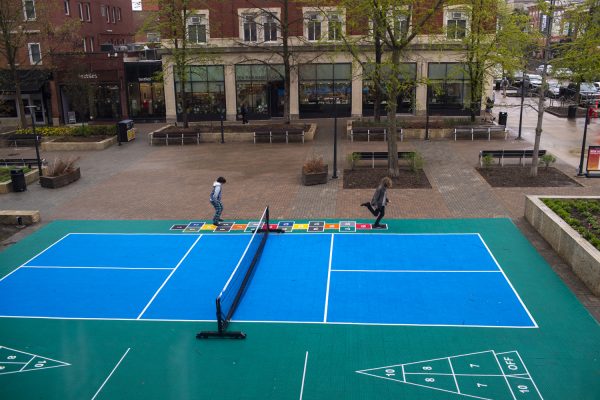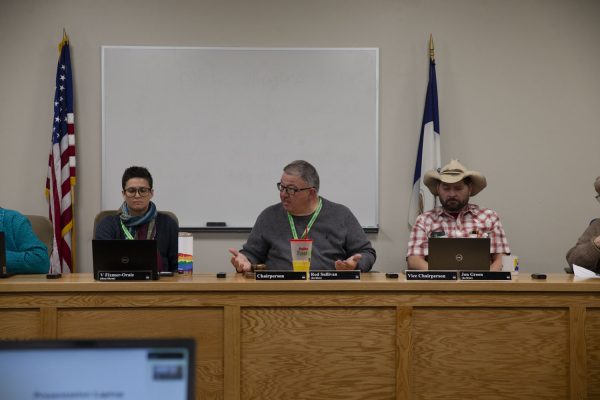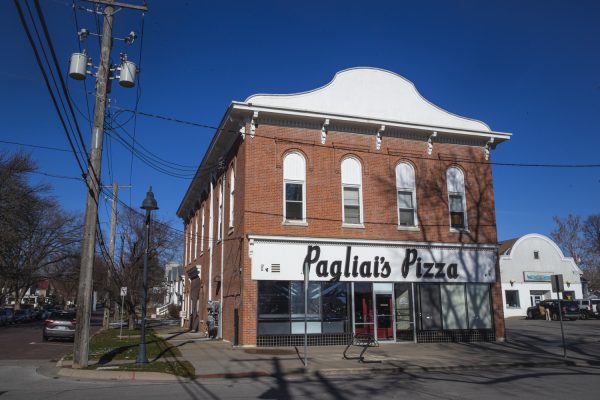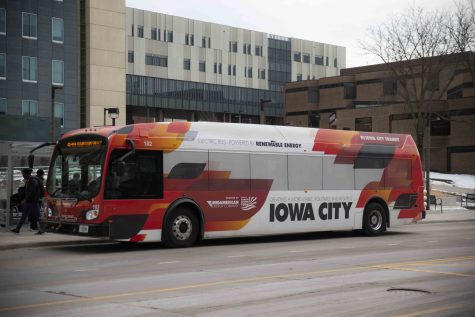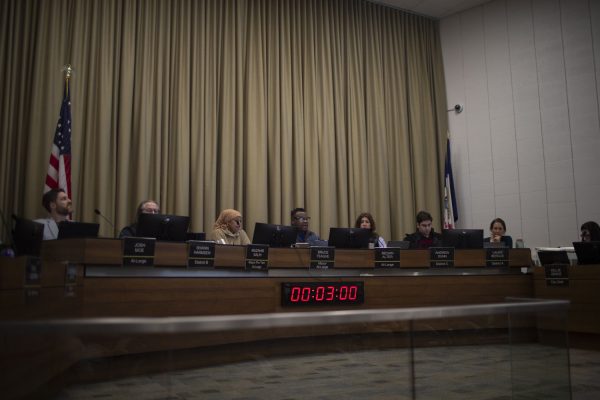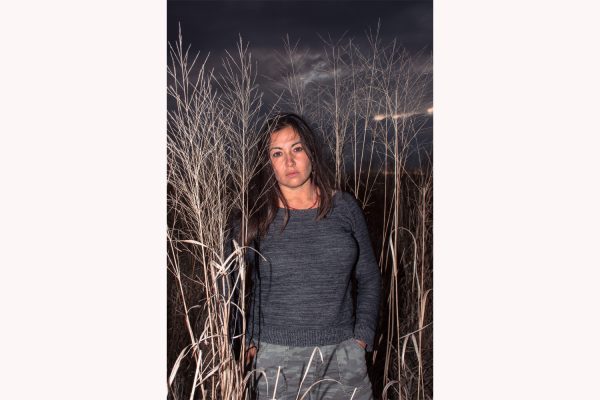County aids refugees with vaccinations
Refugees voiced their needs regarding vaccinations, and the Johnson County Public Health Department is helping to make the vaccines more accessible.
The Johnson County Health and Human Services building at 855 South Dubuque Street.
June 27, 2017
Refugees settling in Johnson County will now have increased access to vaccines.
The Johnson County Public Health Department is working with refugees to eliminate travel and cost barriers that prevented refugees from receiving necessary vaccinations by doing paperwork in addition to administering vaccines.
Jacob Riley, the department’s disease-prevention specialist, said awareness of the barriers to vaccinations arose out of a discussion with refugees in December.
Although the department has offered some vaccinations previously, Riley said, refugees must complete specific forms after being in the U.S. for one year to apply for their green cards with the aid of a civil surgeon.
“Refugees would either have to travel to Polk County or Linn County or go to a private civil surgeon and have a greater cost associated with it, and now that we provide the service in Johnson County, we can do the initial paperwork as well as administer the vaccines,” he said.
A majority of refugees in Johnson County were not originally resettled here, said Megan Schmidt, a health education coordinator who works with IC Compassion, a nonprofit organization that engages culturally diverse communities.
“Essentially, what that means is that they were initially resettled by an agency in another part of the country,” she said in an email to The Daily Iowan. “Then, they have chosen to move to Johnson County because of jobs, friends, or family, and/or because they prefer to live in a rural area.”
This can lead to problems when it comes time to apply for green cards, Sanchez said, because refugees may not bring their health records with them or did not finish vaccines prior to moving.
Schmidt said the change in Johnson County is being discussed with clients “on a case-by-case basis as they apply for green cards,” though email and social media are also being utilized to inform clients.
“In addition, we’ve been spreading the word to our clients as they come into the office,” she said. “We’ve found that it’s easiest to spread the word in person with our refugee clients.”
Riley said the Johnson County Public Health Department is working to figure out the best way to inform potential clients of the change to the services. Organizations including IC Compassion and the Catherine McCauley Center in Cedar Rapids will be key to referring refugees to the department’s services, he said.
“It’s really important that they were on board and an integral part of the process to make sure that all lines of communication are open,” he said.
Initially, it seemed that the project would not be possible, but Schmidt said IC Compassion volunteer Dave Shriver, an attorney by trade, “read restrictions and documents on civil surgeons carefully” and ultimately determined that the Johnson County Public Health Department could offer the service to refugees.
“I’m so pleased that they’ve been able to move forward with this project,” she said. “The cost of civil surgeon exams was a big barrier for our refugee clients as they were applying for green cards.”







